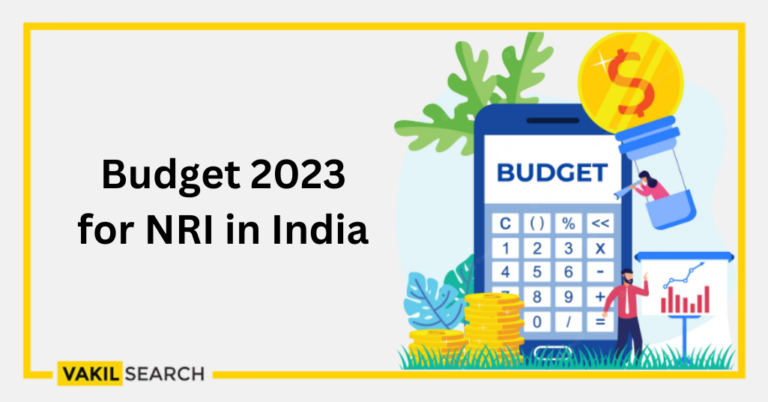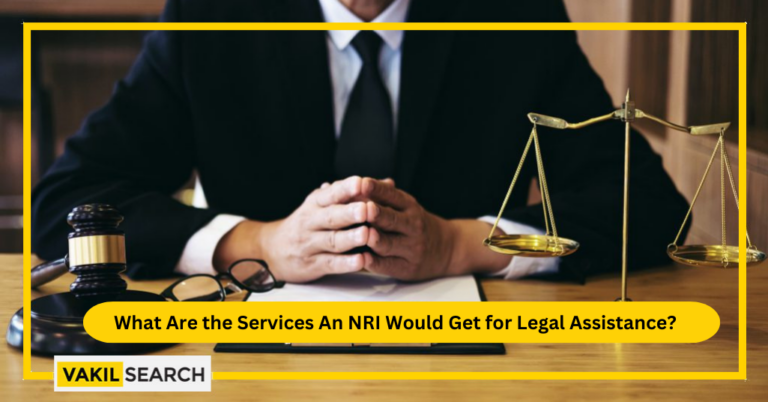Want to know about the What Are Fema Rules Pertaining To NRIs ? Then this blog is a must read, we have covered everything here.
The government likes to keep a tight leash on the currency that is taken out of the country, as can be attested to by anyone who has business dealings abroad or has traveled outside of the country. There are valid reasons for this, such as preventing the outflow of foreign currency, money laundering, and other similar activities. This foreign currency movement across Indian borders is regulated by a law known as the Foreign Exchange Management Act (FEMA), which was passed into law by the government of India in 1999. Learn more about Fema rules for NRI in India.
Suppose you are already a non-resident Indian, also known as an NRI, or have recently become one. In that case, you must comply with new regulations to receive or send money within India. The Foreign Exchange Management Act, also known as FEMA, manages and controls all financial transactions in or from India. When you become a non-resident Indian (NRI), your regular bank account in India will be converted into an NRE account or one of the other applicable accounts. It is essential to be aware of this change, which took place after the act of FERA was repealed in 1999.
In the wake of economic reforms implemented in the Indian economy in the early nineties, the Foreign Exchange Regulation Act (FERA), which had been in place previously and was stricter, was replaced by the Foreign Exchange Management Act (FEMA). The Foreign Exchange Management Act (FEMA) aims to make it easier for businesses in India to engage in international trade and make payments related to those transactions. This will lead to an overall improvement in the foreign exchange market in India. This document outlines the processes, formalities, and businesses involved in all foreign currency transactions in India.
Because it can affect how they send and receive funds from India, it is essential for Indians working outside the country to understand the FEMA rules governing NRIs thoroughly.
The Rationale Behind FEMA’s Regulations:
Because the Indian government is stringent regarding its policies regarding the exportation of funds from the country, it maintains a tight rein on any currency transactions that take place across international borders. Whether these transactions involve financial investment or simply the holding of bank accounts, the Indian government wants to prevent the outflow of foreign exchange, money laundering, and other financial crimes by putting FEMA regulations into effect. These regulations apply to both types of transactions.
Since this has some bearing on how Indians can conduct business across international borders, it is essential for Indians who work or have settled outside of India to have a solid understanding of FEMA regulations.
The Foreign Exchange Management Act of 1999, which came into effect after the FERA act was repealed and regulated all transactions that deal with foreign exchange, governs any monetary transactions that occur across international borders, whether they originate in or are directed toward India. The following are the five FEMA regulations that every NRI needs to be aware of.
-
Keeping A Bank Account In Good Standing
When you become a non-resident alien (NRI), you are legally required to open specific types of bank accounts that are exclusive to NRIs. These are the following:
- An NRO account is required to remit money earned outside India back into the country.
- An NRE account is a type of account that can be used for assets that can be moved or repatriated, such as cash and securities.
- A bank account designated FCNR (B) holds funds denominated in a foreign currency. The terms NRO and NRE refer to the transfer of rupees only.
Banking Operations in India: A Non-Resident Indian (NRI) is not permitted to keep a Resident Savings Account in India. Consequently, for them to participate in any banking transactions, they must open an NRI account in India. According to the regulations of FEMA, non-resident aliens are permitted to open three different kinds of bank accounts.NRIs must make an informed decision about the type of account to be opened because of different kinds of Accounts.
In addition, Non-Resident Indians must notify their banks of any change in their residential status per FEMA rules. This is because a change in residential status can affect how bank accounts are managed. This is because if you are a resident Indian, you are not permitted to operate NRE or NRO accounts, and if you are not an Indian resident, you are not allowed to use a resident savings account.
A non-resident Indian (NRI) can open several bank accounts in India with any authorized bank of their choosing. In addition, the regulations of FEMA do not prohibit non-resident Indians from opening and maintaining more than one type of account, as well as more than one account that falls under the same category of NRI Accounts, as was previously mentioned.
-
Alternatives For Monetary Investments
NRIs are permitted to make a total investment in any transaction, whether repatriable or not.
-
The Purchase Of Movable Properties And Their Subsequent Sales
It is possible for Non-Resident Indians (NRIs) and People of Indian Origin (PIOs) from any country in the world to buy any residential or commercial property in India, with a few exceptions. The following are the exceptions to this rule: Land used for agriculture Plantation Farm residences
-
The Re-Importation of Movable and Immovable Property and Goods
A non-resident Indian (NRI) can transfer funds to India from foreign repatriable assets, such as rent collected from a property located outside of India. He can’t realise any return on investment (ROI) from these investments. Know how you will be taxed in the United States for money sent overseas before you send the money abroad.
-
A Source of Revenue for Students
The Liberalised Remittance Scheme allows non-resident Indian students who are NRIs to receive a sum of ten million United States dollars. Additionally, non-resident Indian students can receive a yearly allowance equivalent to ₹2.5 lakh for caring for immediate family members.
Click Here: RBI Compounding Application
Conclusion
Know all the details about the FEMA rules which pertain to the NRIs in a seamless manner. The professionals of Vakilsearch. The experts here have sound knowledge and experience in a similar domain.
Read, More;










